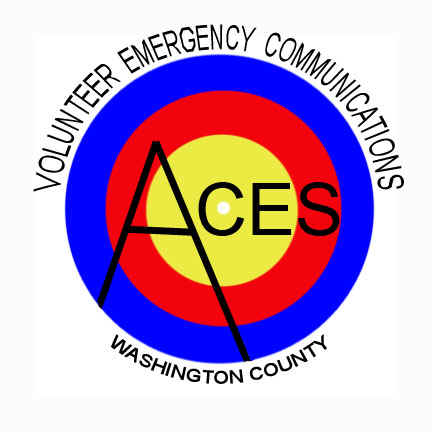 Auxiliary
Communications
Emergency
Service
Auxiliary
Communications
Emergency
Service
|
There have been |
|
|
|
Burnside Bridge Antietam Battlefield Present Alert Status
Alert Status For Airports
|
Being a Net Control Station (NCS) or Alternate Net Control Station (ANCS) is not a science, it is not "brain surgery" and an NCS's style is not either right or wrong no matter how they handle the net. The list below is a good set of guidelines in choosing an NCS, but, in many cases a person becomes an NCS by default not by being chosen. That being said, we should all be aware of what makes a good NCS. If you want to "study" the ARRL's guide book for being an NCS on an National Traffic System Net, click here. Please keep in mind this gives the ideal, reality often falls very short of these guidelines. Regardless of your feelings of preparedness, please, don't hesitate to "jump right in" and gain some experience on drill nets or local SKYWARN Nets to get your feet wet.
PRINCIPLES OF AMATEUR RADIO NET
CONTROL
| ||||||||
Types of Net
Net Control...
|
||||||
|
Send mail to
[email protected] with
questions or comments about this web site.
|
|
The use of the ARES� symbol in any printed matter or in any electronic media, is registered mark of the American Radio Relay League, Incorporated and is used by ARES groups with permission. |
|